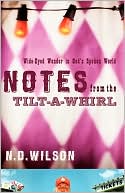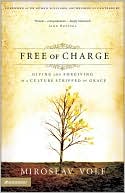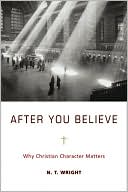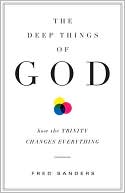On their return the apostles told him all that they had done. And he took them and withdrew apart to a town called Bethsaida. [11] When the crowds learned it, they followed him, and he welcomed them and spoke to them of the kingdom of God and cured those who had need of healing. [12] Now the day began to wear away, and the twelve came and said to him, “Send the crowd away to go into the surrounding villages and countryside to find lodging and get provisions, for we are here in a desolate place.” [13] But he said to them, “You give them something to eat.” They said, “We have no more than five loaves and two fish—unless we are to go and buy food for all these people.” [14] For there were about five thousand men. And he said to his disciples, “Have them sit down in groups of about fifty each.” [15] And they did so, and had them all sit down. [16] And taking the five loaves and the two fish, he looked up to heaven and said a blessing over them. Then he broke the loaves and gave them to the disciples to set before the crowd. [17] And they all ate and were satisfied. And what was left over was picked up, twelve baskets of broken pieces. (Luke 9:10-17)
Common Sense. In Luke 9 the disciples too encounter overwhelming need in the starving masses. Their solution is simple and practical. The need is simply too big, too expensive, too taxing for them to do anything. So send the people on their way, and they can get something to eat themselves. Jesus, however, has different ideas.
“You give them something to eat.” The command is ridiculous. Is Jesus simply toying with his disciples? He knows what he is capable of, what he wants to do. Why then does he command his disciples to do the feeding? What does he want them to do? The answer, I think, is fairly straight forward and for us quite shocking. When Jesus says “you give them something to eat,” he means “you give them something to eat.”
Big problem or Big Savior? When we encounter a problem, we like the disciples ask, “How big is this problem?” and “Do I have the resources available to tackle it?” If the answer is, “The problem is beyond me and my resources,” the course of action is inaction. But Jesus tells us that we begin with the wrong question. Instead of starting with, “How big is this problem?” we should start with “How big is Jesus?” In the first question we are really asking, “Are we enough?” In the second question we are asking, “Is Jesus enough?” In the common sense approach when we encounter overwhelming need, we do nothing, absolutely nothing. Shrug your shoulders, shake your head, walk away, and try to forget about it. After all, what can you do. But when we begin with our eyes on Jesus, inaction is simply not possible. He commands us to feed them, to help, to meet their need. Of course we can’t. But there is an ingredient that transforms the equation––Jesus. Jesus is enough. Jesus commands us to look at him and at the need, and when we do we act. So when need crosses your path, don’t just look at the need. Look at the need AND look at Jesus. Then get busy.








